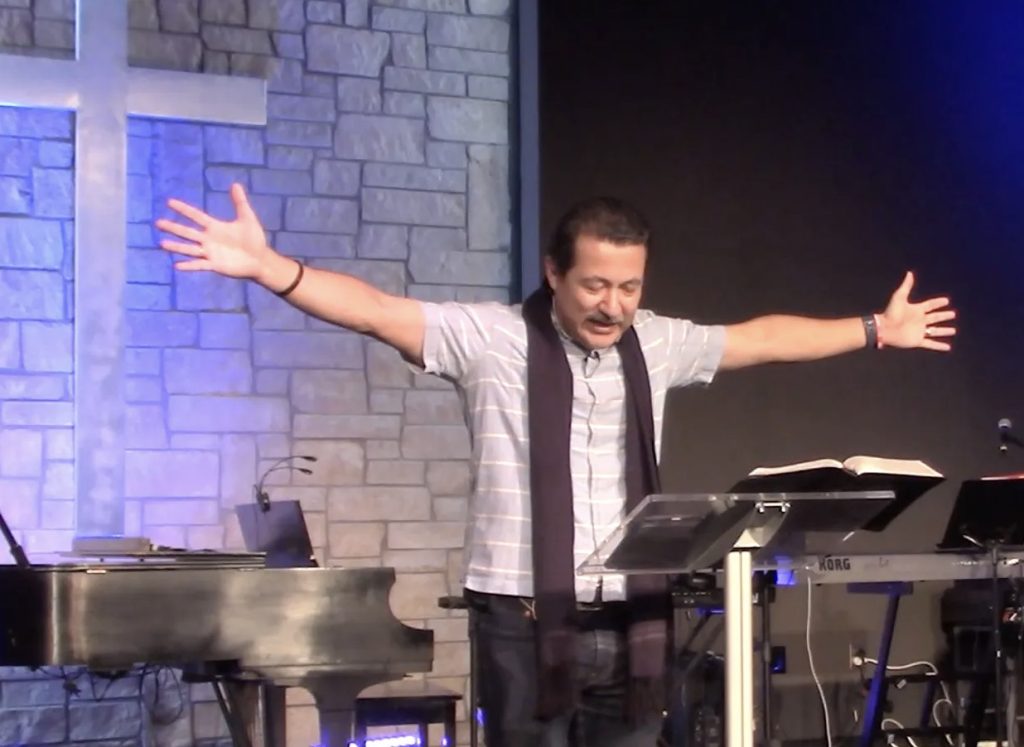In this passage we look at how God sovereignly guides Paul at the beginning of his second missionary journey to Philippi. In that city Paul preaches and God sovereignly transforms a woman named Lydia. That is the topic of this morning. The sovereignty of God. God’s sovereignty over our plans involving God’s mission—sharing the gospel of salvation to others—how God touches the hearts of those who do not yet know Him. God’s sovereignty over our plans involving God’s mission—sharing the gospel of salvation to others—how God touches the hearts of those who do not yet know Him.

Search/Buscar
Versículo de la Biblia
Hacer justicia y juicio es para Jehová más agradable que el sacrificio. Internet Archive – bookmarks for: despond
Internet Archive – bookmarks for: despondCategories/Categorías
1 Corintios 1 Pedro 1 Tesalonicenses 1 Thessalonians 5 Acts advenimiento Apostle Paul book of Acts books church crecimiento espiritual Diez Mandamientos discipulos Encontrando a Dios En Hechos Filipenses grace community church grace community church tyler grace español Hechos Hispanic Culture Hispanics Iglesia iglesia multiétnica Jesucristo Jesús la oración La Palabra La Palabra de Dios Obediencia Obediencia a La Palabra Oración Pablo Pastor Persecución prayer proverbios sabiduría sabiduría de Dios salmo 119 Salmos Salvación spanish Spanish language UncategorizedDespond's bookshelf: currently-reading




 by Eric GeigerI am enjoying this book and agreeing with it (like "yes!", "write on"...laughing that Jesus wouldn't get hired because he was single...silly but prob would be true). There are some parts that uses particular language to describe leadersh...tagged: currently-reading
by Eric GeigerI am enjoying this book and agreeing with it (like "yes!", "write on"...laughing that Jesus wouldn't get hired because he was single...silly but prob would be true). There are some parts that uses particular language to describe leadersh...tagged: currently-reading



 tagged: currently-reading
tagged: currently-reading



 tagged: currently-reading
tagged: currently-reading



 tagged: currently-reading
tagged: currently-reading

-
Material is copyright by eigaldamez. Permission is given to re-post or reproduce without editing the content.
Disclaimer:
The contents of all personal web pages and blogs published are solely my responsibility.
Statements made and opinions expressed on personal pages are strictly those of the author and not of any organization, church, or school. Archives/Archivos
- 15,930





